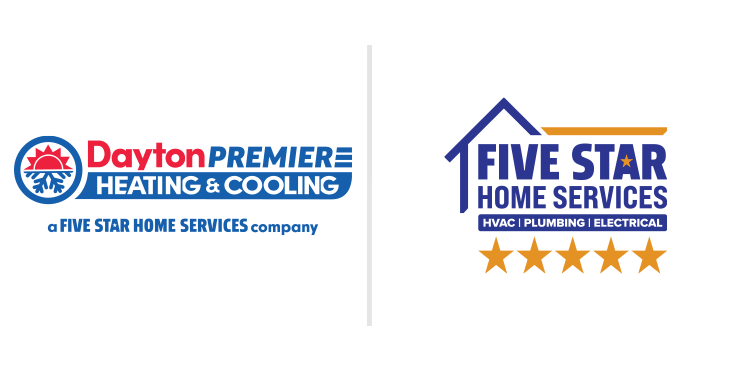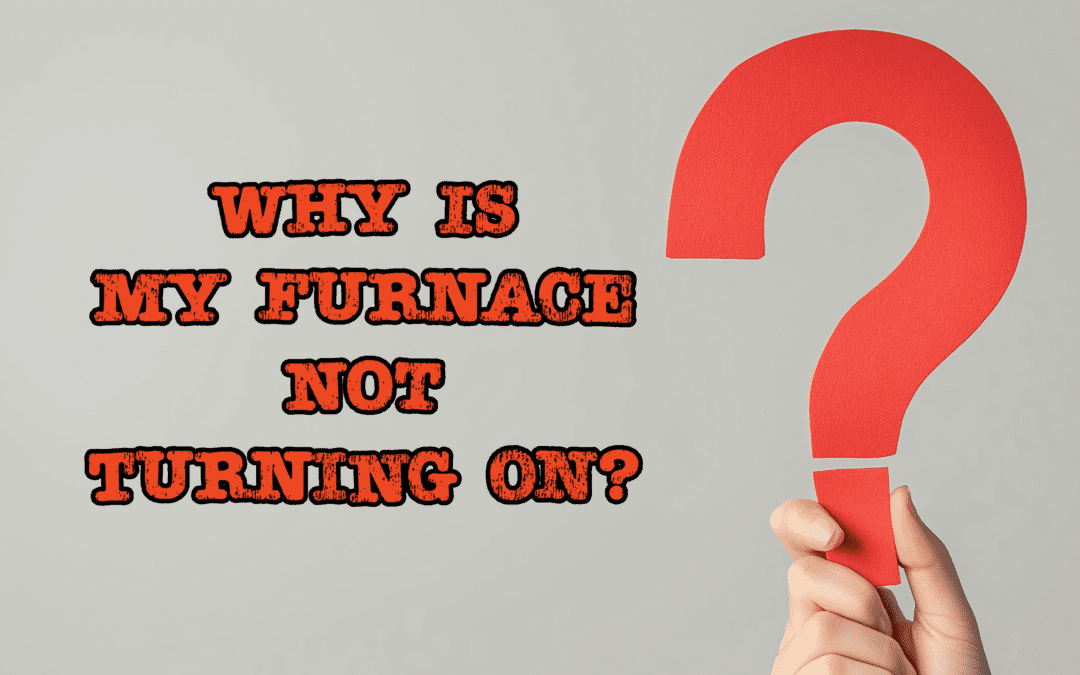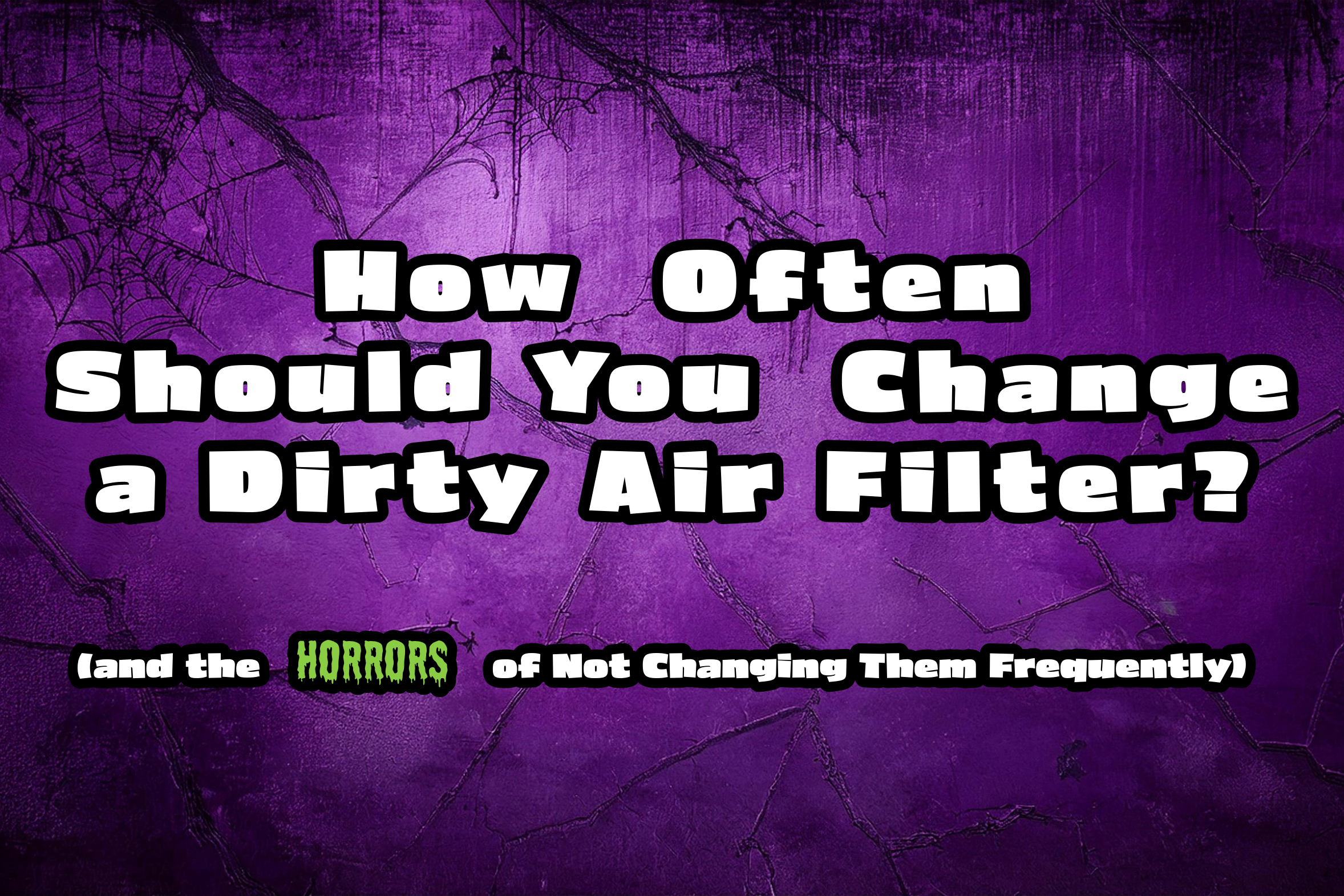Discovering that your air conditioning unit is only blowing hot air when you’re trying to cool down is frustrating. Remember, June to August in Ohio is the peak of heat and humidity, making it the hottest and wettest season. So, if your air conditioner isn’t working, it’s no wonder you might feel like you’re melting.
All jokes aside, we understand the urgency of getting your air conditioner up and running. It’s not just about comfort; it’s crucial for your health and safety, ensuring proper airflow and circulation in your home. When these aspects are compromised, your indoor air quality can suffer. With Dayton Premier Heating & Cooling’s practical troubleshooting steps, you can find out why your AC isn’t blowing cool air.
Look at These Components to Troubleshoot This Issue:
The Thermostat
First, check the thermostat—it’s the heart of your HVAC system. A faulty thermostat can disrupt everything by miscommunicating with your system, affecting your AC’s functionality. Many HVAC issues start with the thermostat. So, if you’re having AC problems, it might be related to the thermostat.
- Check that your thermostat is on and working. If needed, replace the batteries.
- Ensure your thermostat isn’t accidentally set to “heat.”
- Set your thermostat to “auto” instead of “on.” When it’s “on,” the fan runs all the time, no matter the temperature.
The Circuit Breaker
Is your AC unit working? The breaker switch might have tripped, causing a disruption. If your unit is blowing warm air, it may not seem urgent. However, it’s always a good idea to check and make sure everything is functioning properly.
Circuit breakers are typically located in low-traffic areas of the home, like the basement, garage, or utility closet. Check your breaker to see if it has been tripped by the air conditioner. If it has, simply switch it back to the “on” position to fix the problem. If this solves the issue, great! However, if your unit frequently trips the breaker, it could signal a more serious problem that requires a certified professional’s attention.
The Air Filters
A clogged air filter might not seem like a big issue at first, but ignoring dirty air filters can cause serious problems. Dust and pollutants on an air filter restrict airflow, which can then affect key parts like the motor, fan, or compressor. Regular maintenance and timely replacement of air filters are essential for keeping these systems running smoothly and efficiently.
It’s crucial to replace your air filters every 1-3 months, depending on the filter type, whether you have pets, and how often you use your system. Since your AC is currently malfunctioning, take a moment to check your air filters to see if they need replacement. Changing the filter might fix the warm air issue. If it doesn’t, move on to the next step.
The Evaporator Coils
As a follow-up to the previous step, it’s important to understand the need to maintain a clean air filter. A clogged filter can cause dust and debris to accumulate on the evaporator coil. When evaporator coils get dirty, they become less efficient at absorbing heat from the air, which disrupts the cooling process. Therefore, keeping these components clean is crucial for optimal air conditioning performance.
For best performance and system longevity, regularly check your evaporator coils. If you see dust or debris buildup, clean it gently. For detailed cleaning instructions, visit this link.
The Refrigerant
Just like your car needs coolant for the air conditioner to blow cool air, your home’s AC system works the same way. The refrigerant is key to swapping heat for cold air. If the refrigerant levels drop—due to a leak or simply being low—your system will blow warm air instead. This highlights the importance of regular maintenance to keep your AC running well and avoid uncomfortable warm air.
If you’re not an HVAC technician, you likely can’t legally access the refrigerant your air conditioning system needs. It’s best to let professionals handle this. However, be aware of obvious signs that your refrigerant might be low or leaking. Watch for these indicators:
- You hear bubbling or hissing sounds when the AC is off
- There’s a lack of cool air coming from your vents
- Ice forming on your evaporator coils indicates a problem
The Condenser (Outside Unit)
Let’s talk about your outdoor unit, known as the condenser. When the coils get covered in dirt, they can’t efficiently expel warm air from your home. This results in less cool air circulation. If ignored, this issue can worsen and eventually damage the condenser unit.
- If your condenser coils are coated in grime, first ensure the power supply to the unit is safely turned off. Safety always comes first. Then, with gloves on, gently wash away the debris using a water hose on a softer setting like “shower” or “flat” to avoid damage. Avoid the “spray” setting to prevent harming the coils.
- Securely grasp the hose and start rinsing from the bottom of the condenser, moving inch by inch across the coils from left to right. Be thorough and cautious, as rushing could damage the unit.
- For a more comprehensive cleaning, your HVAC technician can address the finer details of the condenser during your routine maintenance and safety inspection. This ensures your unit runs efficiently and extends its lifespan, protecting your investment in your home’s comfort.
If your air conditioner still isn’t working right, our team can help. Our NATE-certified technicians have lots of experience and are available 24/7, every day of the year. Don’t hesitate to reach out to us!
Get your air conditioning system ready for Ohio’s heat with your Dayton Premier Heating & Cooling family. Call us at (937) 412-2899 or schedule an appointment online now by Clicking here!









